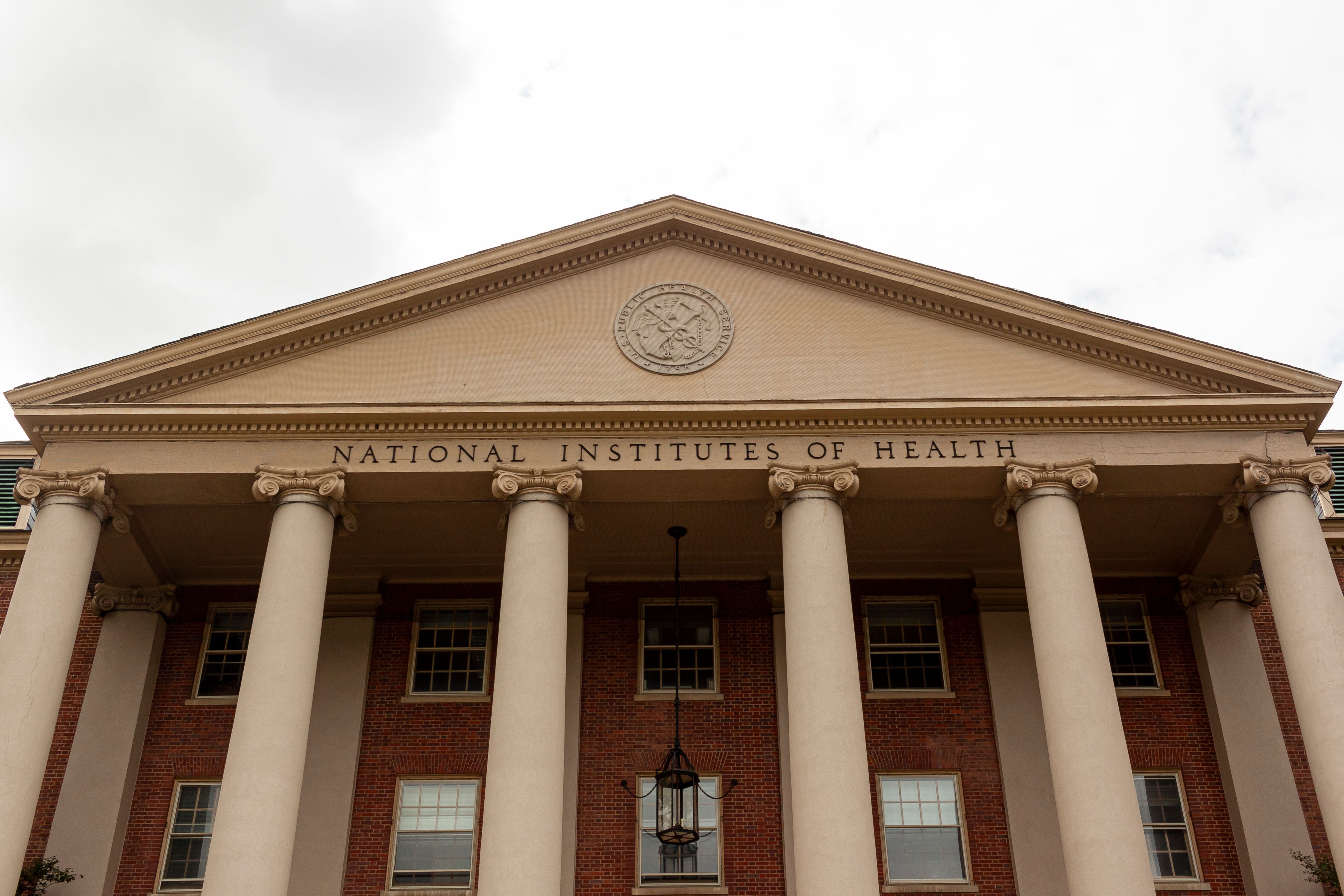- Center on Health Equity & Access
- Clinical
- Health Care Cost
- Health Care Delivery
- Insurance
- Policy
- Technology
- Value-Based Care
Trump Taps Bhattacharya to Lead National Institutes of Health
The Stanford professor was a supporter of herd immunity during the COVID-19 pandemic.
President-elect Donald Trump announced that he has chosen Jay Bhattacharya, MD, PhD, to lead the National Institutes of Health (NIH),1 which is the leading medical research agency in the US. The news represents another major appointment in his administration to tackle health care, after tapping Robert F. Kennedy Jr for the secretary of HHS and Mehmet Oz, MD, to oversee CMS.
Bhattacharya currently works as a professor at Stanford University School of Medicine, identifying both as a physician and a health economist. He has worked formerly with the RAND Corporation and as a research fellow at the Hoover Institution. As leader of the NIH, he would work with Kennedy to direct the research that is conducted in the country.
NIH is a department that falls under HHS and is responsible for funding research on vaccines, cancer, and other diseases through different grants given to research institutions throughout the nation. Thousands of scientists also work with NIH directly to conduct research. All of these responsibilities could be led by Bhattacharya should he be confirmed by the Senate in January.
Bhattacharya is appointed as the nominee for director of the National Institutes of Health | Image credit: Grandbrothers - stock.adobe.com

Bhattacharya has had controversial opinions before this nomination. He was a coauthor of the Great Barrington Declaration that claimed that COVID-19 lockdowns were causing harm to the population in a way that could not be repaired. The paper was released in October 2020, before the first vaccination was available. The authors also called for herd immunity as the solution, with the idea that those at low risk should build immunity to COVID-19 by contracting the virus whereas those at high risk would be protected. The then-NIH director Francis Collins, MD, PhD, was a notable critic of this paper.
The professor from Stanford has also alleged that vaccine mandates that would disallow those unvaccinated from participating in the workplace or other activities undermined trust in the public health system for American citizens. Restrictions on social media have also followed Bhattacharya, who was a plaintiff in a case that alleged that federal officials suppressed conservative views on social media to combat misinformation, a case that he lost.
Alongside the nomination for the leader of NIH, Trump also announced his pick for the deputy secretary of HHS, Jim O’Neill. O’Neill is a former official in HHS, making him the sole nominee thus far with experience in the public health agencies. O’Neill will be in charge of improving management, transparency, and accountability in the HHS, according to Trump’s written statement.
These nominations come a couple weeks after Kennedy was named as Trump's pick for secretary of HHS. With the combination of Bhattacharya’s criticism of vaccine mandates alongside Kennedy’s public skepticism of vaccines,2 the Trump administration is making appointments that could change the way that vaccines are received in the US. Rapid adjustments to the way that vaccines are recommended and delivered would be challenging to enforce due to federal structures and regulatory practices. However, the positions on vaccines from the presumptive nominees could spell challenges to vaccine policy after the second Trump administration is sworn in on January 20, 2025.
References
- Johnson CK. Trump picks Jay Bhattacharya, who backed COVID herd immunity, to lead National Institutes of Health. AP News. November 26, 2024. Accessed November 27, 2024. https://apnews.com/article/trump-nih-bhattacharya-national-institutes-health-454874e66e842ef8c953ece905c00fe1
- Grossi G. 5 health policy stances of Robert F. Kennedy Jr. AJMC®. November 15, 2024. Accessed November 27, 2024. https://www.ajmc.com/view/5-health-policy-stances-of-robert-f-kennedy-jr
